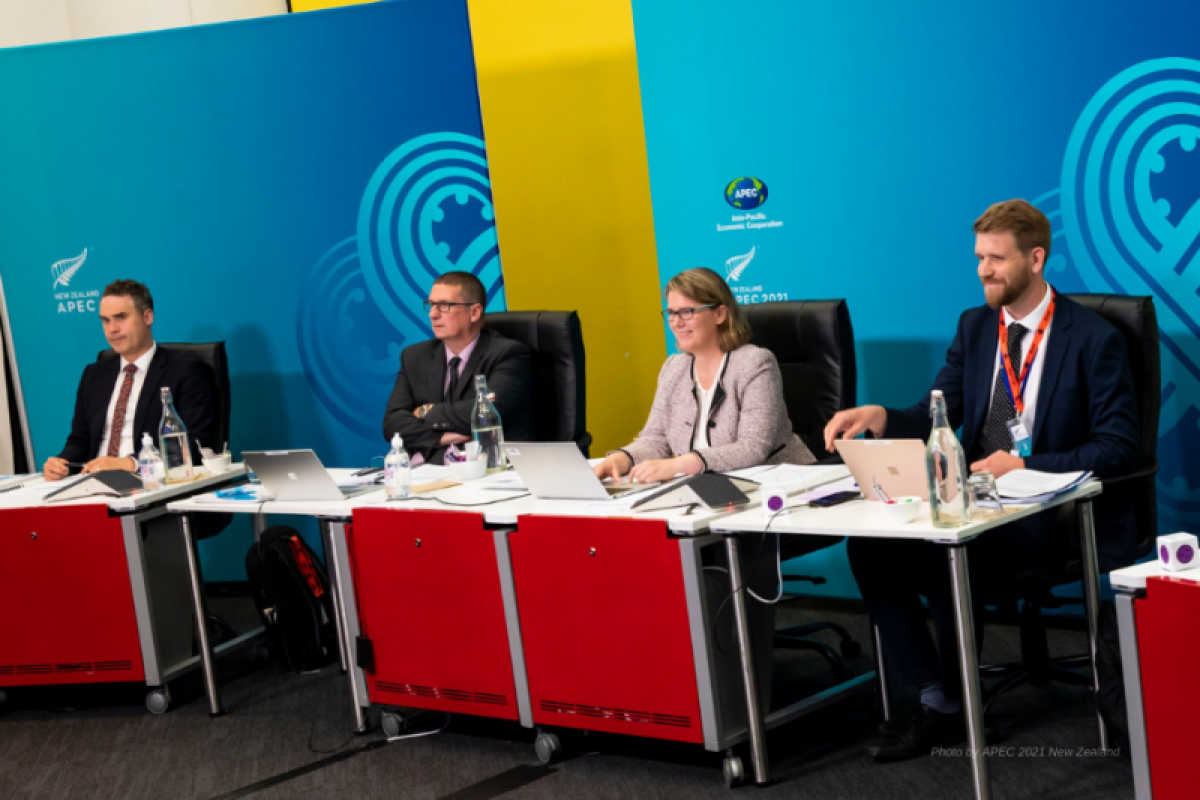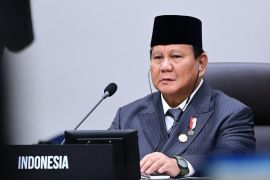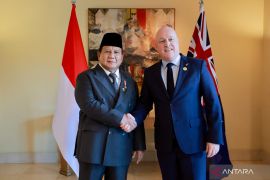This measure was taken after the extraordinary rollout of policy levers to aid in mitigating the wide-ranging impacts of the COVID-19 pandemic on the people and businesses in the region, according to the APEC Finance and Central Bank Deputies Meeting in a written statement received here on Friday.
"As member economies have worked to respond to the economic, social, and health impacts of the pandemic, finance ministries around the region have been at the heart of the government’s decision-making," Caralee McLiesh, the chair of APEC’s Finance and Central Bank Deputies’ Meeting 2021, stated.
McLiesh noted that APEC’s commitment to multilateral cooperation and consensus-building make it the ideal platform for finance ministries to share their experiences and take a cue from each other.
At the two-day virtual meeting on Wednesday and Thursday, policymakers discussed the costs and benefits of the stimulus measures put in place by finance ministries and central banks. They also identified the role they can play in encouraging a strong recovery, as well as handling longer-term systemic challenges.
In her opening remarks, McLiesh -- concurrently the secretary and chief executive to New Zealand’s Treasury -- drew attention to the significance of reinforcing supportive macroeconomic and structural policies as well as reassessing the future of fiscal policy and budget systems to drive an inclusive and sustainable recovery.
The pandemic has compelled APEC member economies to change their budgets to respond to the crisis and act promptly to get money where it was direly required.
A reduction in economic activity and the unprecedented fiscal support has also led to a sharp spike in public debt in several economies.
McLiesh pointed to the comprehensive discussion on the significance of policies to support women, youth, the elderly, rural areas, vulnerable groups, and small- and medium-sized businesses through the recovery.
McLiesh drew attention to the criticality of policies for member economies that revitalize consumer demand, revive business confidence and investment, and create and retain jobs.
"The fiscal pressures resulting from the response to COVID-19 and other long-term challenges make effective structural reforms all the more important," she expounded.
"Structural policies are central to addressing the underlying causes of inequality and minimizing long-term damage to human capital," she stated.
Furthermore, policies in support of green growth and the digital economy are also deemed crucial to drive recovery and sustainability.
The discussion arrived at the two-day finance and central banks deputies’ meeting will be brought forward to the APEC Senior Finance Officials’ Meeting scheduled for June this year. Their recommendations will be offered to APEC finance ministers at their meeting later in October this year. Related news: APEC Summit: Malaysian PM calls for unity in combating pandemic
Related news: Asia-Pacific businesses press for unified action to battle pandemic
EDITED BY INE
Reporter: Yuni Arisandy Sinaga
Editor: Suharto
Copyright © ANTARA 2021











